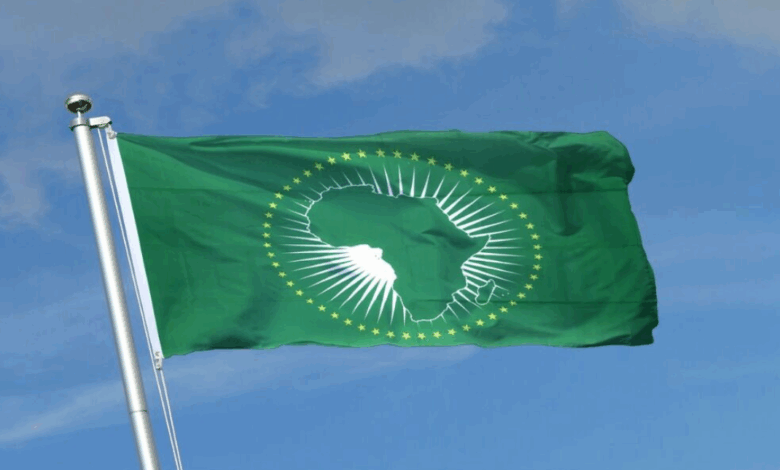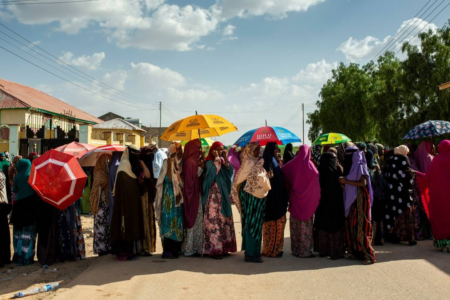The African Union (AU) has officially launched the African Union Support and Stabilization Mission in Somalia (AUSSOM), marking a new chapter in Somalia’s long struggle for peace and security.
AUSSOM mission replaces the African Union Transition Mission in Somalia (ATMIS), which concluded its mandate in December 2024.
Unlike ATMIS, which focused primarily on combating insurgents and preparing Somali forces to assume greater security responsibilities, AUSSOM is designed to take a broader approach.
The mission aims not only to counter extremist threats but also to rebuild Somalia’s fragile security institutions, strengthen state governance, and promote sustainable peace across conflict-affected areas.
What is the ATMIS Mission?
The African Union Transition Mission in Somalia (ATMIS) was established in April 2022 as the successor to the African Union Mission in Somalia (AMISOM).
Its primary mandate was to conduct military operations against al-Shabaab, provide security for key government institutions, and train Somali security forces to gradually take over national defense responsibilities.
ATMIS played a central role in supporting federal and regional forces, enabling Somalia to retake strategic towns from insurgents and secure major population centers.
However, its mission was designed to be temporary, with a phased drawdown of troops culminating in December 2024, when responsibility for Somalia’s security was meant to transition fully to national forces.

What is AUSSOM Mission?
It is the new AU-led peace support mission that officially replaced the African Union Transition Mission in Somalia (ATMIS) in January 2025, following the end of ATMIS’s mandate in December 2024.
Unlike ATMIS, which mainly focused on combat operations against al-Shabaab and preparing Somali security forces to take over, AUSSOM’s role is broader and more state-building oriented.
According to African media reports, AUSSOM mission will prioritize:
- Rebuilding and professionalizing Somalia’s security sector.
- Supporting the central government in consolidating authority.
- Facilitating long-term stability to enable development.
The AU emphasized that AUSSOM mission will be adequately staffed and resourced, despite a gradual drawdown of forces, ensuring Somalia does not face a security vacuum.
Confronting al-Shabaab Threat
Experts note that the timing of AUSSOM’s formation is critical, as al-Shabaab, al-Qaeda-linked extremist group, continues to pose a serious challenge.
The group remains active in conducting attacks, assassinations, kidnappings, and infrastructure sabotage, undermining efforts to stabilize Somalia.
Some splinter factions have also aligned with ISIS, further complicating the security landscape.
International Cooperation and Regional Support
The shift from a “transition” mission to one focused on “support and stabilization” signals the AU’s commitment to long-term state-building in Somalia.
Countries including Egypt have already pledged participation, underscoring growing regional support.
Analysts stress that AUSSOM mission success will hinge on:
- Close coordination with the Somali government.
- Sustained support from international partners.
- Effective collaboration within the African Union framework.
Somalia’s Ongoing Struggle for Stability
Somalia has endured more than three decades of instability, driven by weak governance, insurgency, and recurring conflict.
The launch of AUSSOM mission reflects a renewed push by the African Union to help the country move beyond cycles of violence toward peace, governance reform, and economic recovery.








